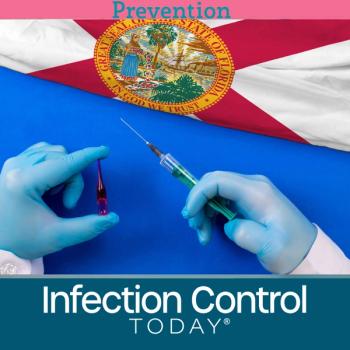
With Florida becoming the first state to eliminate all vaccine mandates, infection preventionists face mounting challenges in safeguarding communities against vaccine-preventable outbreaks.

With Florida becoming the first state to eliminate all vaccine mandates, infection preventionists face mounting challenges in safeguarding communities against vaccine-preventable outbreaks.

Infection prevention is too often the first program cut when budgets tighten, but experts warn that underfunding leaves hospitals vulnerable. Stronger policies, bigger rewards, and robust vaccination programs are critical to protecting patients and communities.

Infection prevention isn’t one-size-fits-all. Regional disparities, from rural staffing shortages to California’s strict regulations, demand tailored strategies, stronger collaborations, and targeted funding to protect patients everywhere.
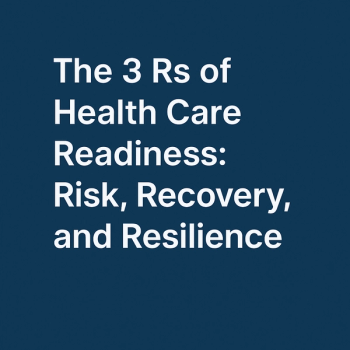
Hospital readiness is no longer just about staff and equipment—it’s about infrastructure. From flooding to infection risks, restoration now plays a vital role in protecting patients and ensuring uninterrupted care.

Fewer than 14% of infection prevention departments receive staffing support from other hospital units, leaving infection preventionists stretched thin. Experts warn that this lack of collaboration undermines patient safety and strains already limited resources.

Dr. Demetre Daskalakis wrote in his resignation letter: "Having worked in local and national public health for years, I have never experienced such radical non-transparency, nor have I seen such unskilled manipulation of data to achieve a political end rather than the good of the American people. Enough is enough.”

This installment of the interview with study authors, survey data reveal rising hours and responsibilities for infection preventionists, with staffing shortages fueling burnout risks and threatening the safety of both patients and health care workers.

Infection preventionists emerged from the COVID-19 crisis carrying heavier workloads, broader responsibilities, and fewer resources. A new study reveals the toll and the urgent need for support.

As hospitals turn to UVC technology to combat health care-associated infections, a new FDA mandate is changing the game—requiring formal authorization for devices that claim to reduce microbial contamination. For infection preventionists and health care leaders, understanding this regulatory shift is now essential to protecting patients and ensuring compliance.

Behind every safe surgery and patient interaction lies a detail often overlooked: clean, properly managed health care textiles. TRSA’s 3-part webinar series brings infection preventionists, administrators, and clinicians the latest best practices, from eliminating the risks of home laundering to ensuring hygienically clean certifications. Now free to access, these sessions offer actionable strategies to strengthen infection control across every facility.
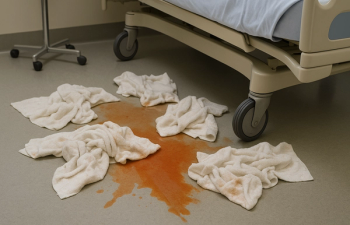
In health care, every decision impacts safety. Yet many facilities still rely on woven towels and blankets to absorb blood and body fluid spills—a risky shortcut that undermines infection prevention, slows workflows, and puts staff at regulatory and safety risk. It’s time to replace outdated habits with engineered, evidence-based solutions designed for today’s high-stakes care environment.

As hospitals face layoffs and budget cuts, the need to demonstrate IPs' measurable impact has never been greater. For IPs, that means transforming your resume into more than a list of duties: it must tell the story of outcomes, savings, and lives protected. Now is the moment to redefine your role—not as a cost center, but as a catalyst for safety, efficiency, and organizational success.
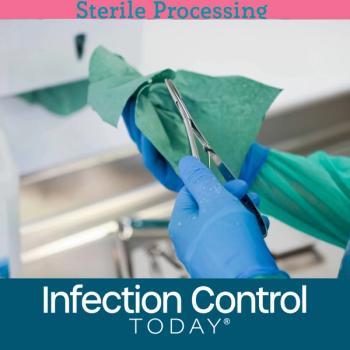
How can health care facilities and health providers implement point-of-use (POU) instrument care? Here’s a closer look at the entire process, the principles guiding its implementation, and the potential barriers to implementing point-of-use instrument care.

In this installment of Building Bridges in Infection Prevention, what a mattress mistake can cost both patient and facility.

Public health is under attack. The CDC shooting underscores how misinformation fuels mistrust and danger. In this climate, evidence-based protections like masking aren’t optional—they’re essential. Layered strategies remain our best defense against deadly pathogens.

Behind every skilled infection preventionist is an educator who lit the spark. If you know someone who’s shaping the future of safety—1 glove, 1 lecture, 1 student at a time—nominate them now for ICT’s 2025 Educator of the Year.
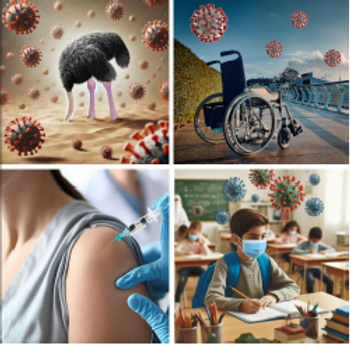
Clear communication is not just important in a pandemic—it’s everything. In a preview of his upcoming Health Watch USA presentation, William Schaffner, MD, shares lessons from COVID-19 on building trust, keeping messages simple, and acknowledging uncertainty.

In a world full of corrections and checklists, don’t underestimate the quiet power of encouragement. One sentence—spoken with sincerity—can spark confidence, courage, and change. Infection preventionists do more than monitor safety; they shape culture. So today, go beyond reminders. Speak life. Name the good. Someone’s future may depend on it.
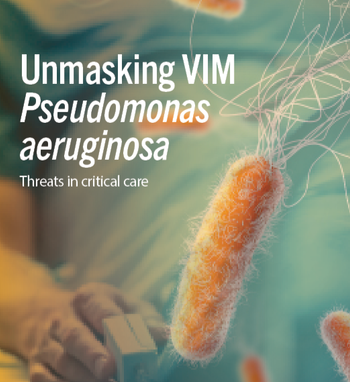
VIM-producing Pseudomonas aeruginosa isn’t just surviving in ICUs; it’s thriving. With mortality rates exceeding 30%, colonization risks hiding in drains, devices, and even donor milk, IPs must take proactive steps to outsmart this pathogen. Now is the time to double down on environmental controls, risk factor recognition, and surveillance strategies. Let’s break the biofilm cycle before the next outbreak takes root.
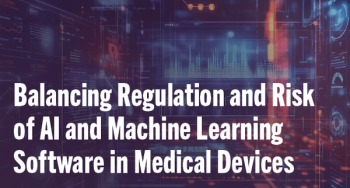
Artificial intelligence may be revolutionizing sepsis detection and diagnosis, but can we trust it without strong regulatory guardrails? As AI/ML-enabled medical devices rapidly evolve, IPs must stay informed and involved to ensure safety keeps pace with innovation. Let’s take a closer look at how to advocate for innovative safe implementation.
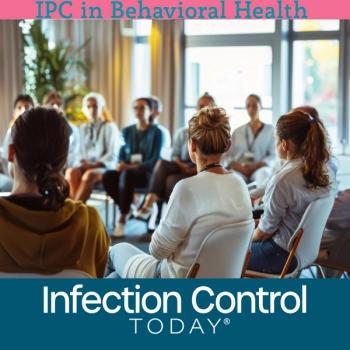
Infection prevention in behavioral health isn't one-size-fits-all. From PPE to hand hygiene, unique risks demand tailored solutions. Learn how to protect patients and staff safely and effectively.

Check out our first IPC Crossword Challenge.
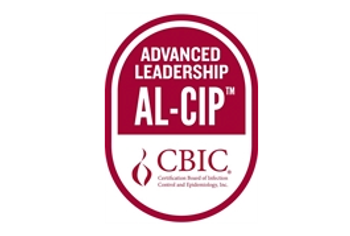
If you’ve led projects that measurably improved infection prevention and control, it’s time to showcase your impact. The Advanced Leadership Certification in Infection Prevention & Control (AL-CIP) recognizes experienced professionals whose vision, innovation, and expertise have made a difference locally, nationally, or globally.

Sterilization is the backbone of safe patient care, but not all methods are created equal. From steam’s tried-and-true reliability to ethylene oxide’s versatility for complex devices and hydrogen peroxide plasma’s rapid, residue-free cycles, each technique carries unique advantages—and limitations. Understanding when and how to use them can mean the difference between seamless infection prevention and costly setbacks.
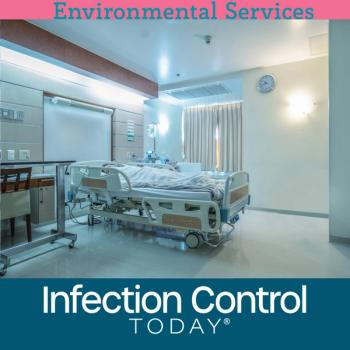
A group of experts highlight their infection control model, which highlights 5 key moments for disinfecting high-touch surfaces in patient care, aiming to reduce health care–associated infections and improve patient safety.

Are your UV-C disinfection systems FDA-compliant? Infection preventionists play a crucial role in ensuring devices meet regulatory standards. A simple conversation with your legal or compliance team today could prevent costly missteps tomorrow and help safeguard patient safety.

Join global leaders in infection prevention, pandemic response, and public health strategy at the Health Watch USA 20th Annual Conference. This is your chance to gain actionable insights on emerging pathogens, vaccine misinformation, and antibiotic resistance, while earning CE credits at no cost. Don’t wait; Be part of the solution.
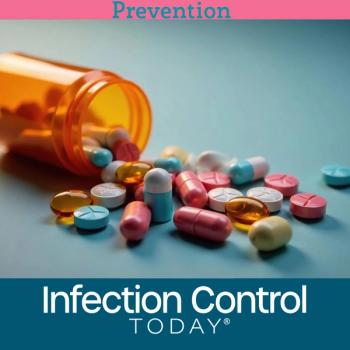
Infection prevention starts long before exposure; it begins with what we put into our bodies. This article series explores how key vitamins and nutrients like D, C, zinc, and more can strengthen immune defenses, reduce respiratory illness severity, and empower infection preventionists with evidence-based strategies to support overall health from the inside out.

Want dental assistants who don’t just know infection control, but live it from day one? Tune in to The Clean Bite and learn how powerhouse instructor Samantha Mangioni is shaping the next generation to protect every patient, every time.